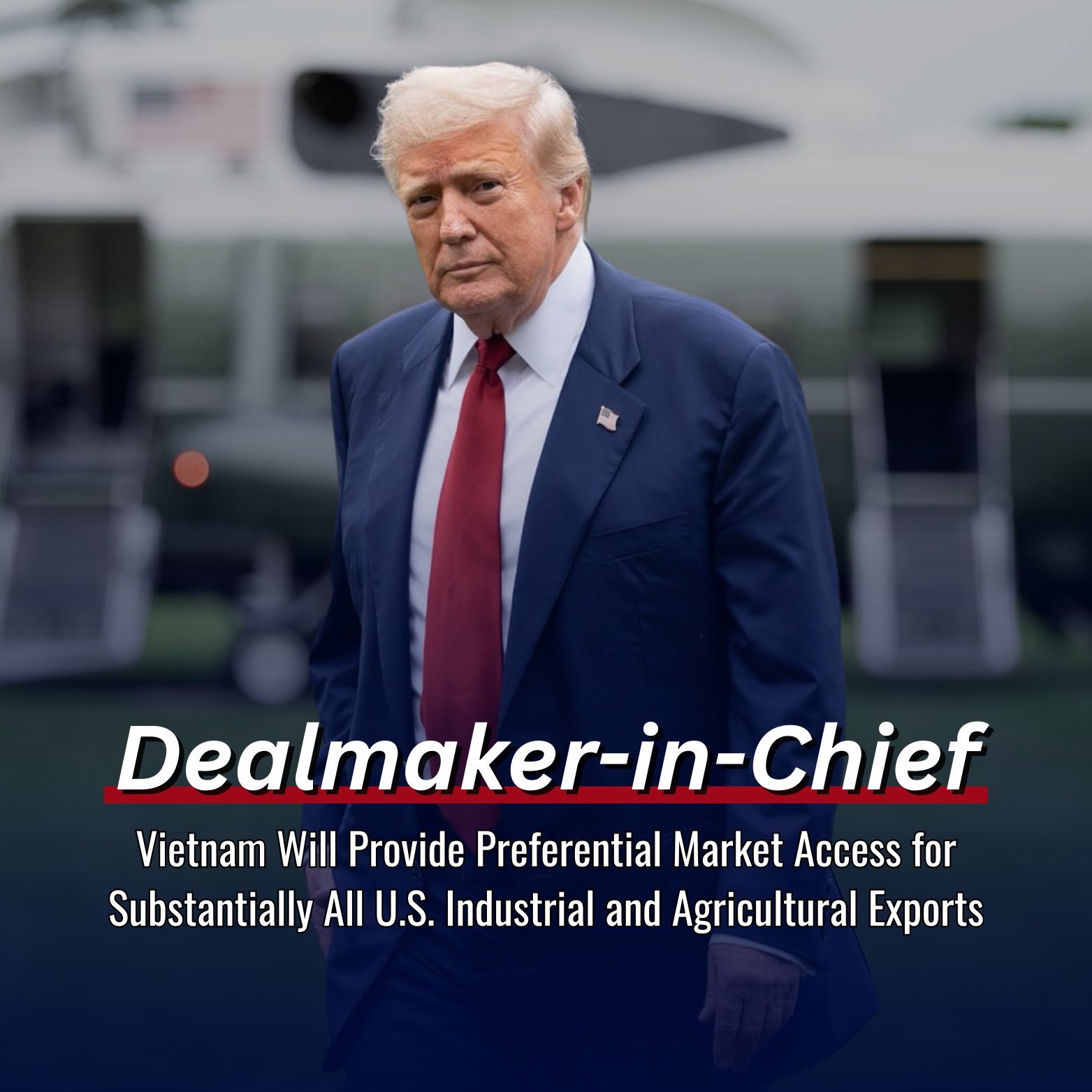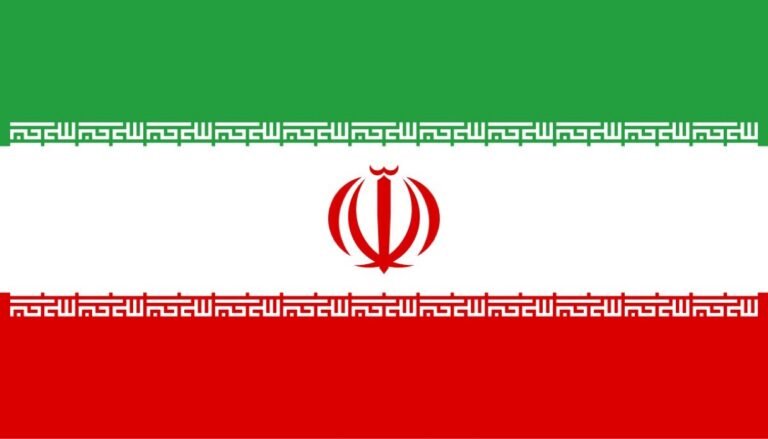
U.S. and Vietnam Announce Landmark Trade Framework, Pledging Sweeping Market Access
Deal Aims to Deliver “Reciprocal and Balanced” Trade, Addresses Tariffs and Non-Tariff Barriers
WASHINGTON – In a significant move to reconfigure its trade relationships, the United States has reached a Framework for an Agreement on Reciprocal, Fair, and Balanced Trade with Vietnam, the Office of the United States Trade Representative announced.
The framework, hailed by the Trump administration as delivering “once considered impossible” market access, is designed to provide preferential treatment for nearly all U.S. exports to the Southeast Asian nation while bolstering American economic and national security.
A key component of the deal involves sweeping tariff reductions by Vietnam. The country has committed to removing tariffs on “almost all goods,” including the full range of U.S. industrial and agricultural products. In return, the United States will maintain a 20 percent reciprocal tariff rate on most Vietnamese imports but will grant a zero percent rate on a select list of products, as detailed in a recent executive order.
Beyond tariffs, the framework tackles a host of non-tariff barriers that have historically hampered U.S. exporters. Major breakthroughs for industrial goods include:
· Automobiles: Vietnam will now accept vehicles built to U.S. safety and emissions standards.
· Remanufactured Goods: The market will be opened to imports of American remanufactured goods.
· Medical Devices & Pharmaceuticals: Vietnam will expedite approvals for U.S. medical devices and pharmaceuticals, streamlining regulatory processes.
· Intellectual Property: A commitment to fully implement key international IP treaties, including the WIPO Internet Treaties.
For American farmers and ranchers, the agreement ensures Vietnam will continue to accept certificates from U.S. regulatory authorities and maintain access for products like specialty cheeses and meats. The deal also includes a commitment to prevent new barriers from emerging.
The framework also extends into the modern digital economy. Vietnam has committed to refraining from imposing customs duties on electronic transmissions and has affirmed it does not require licenses for data to be transferred out of the country.
Further negotiations in the coming weeks will finalize commitments on digital trade, services, investment, intellectual property, and labor standards.
The agreement includes strong economic security components, with both nations pledging to cooperate on increasing supply chain resilience, addressing duty evasion, and aligning on export controls and investment security. Vietnam has also committed to confronting market-distorting behaviors of its state-owned enterprises and to strengthening environmental enforcement.
The announcement noted that commercial deals in agriculture, aerospace, and energy have already been struck, signaling immediate economic benefits.
This agreement marks a pivotal step in addressing the United States’ third-largest goods trade deficit, which reached $123.5 billion with Vietnam in 2024. The administration framed the deal as a direct result of President Trump’s broader trade policy, declared a national emergency in April to confront the “unprecedented threat” of persistent trade deficits caused by a lack of reciprocity.
The U.S. and Vietnam are set to continue negotiations in the coming weeks to finalize the full agreement and lock in the benefits for American businesses, workers, and farmers.








